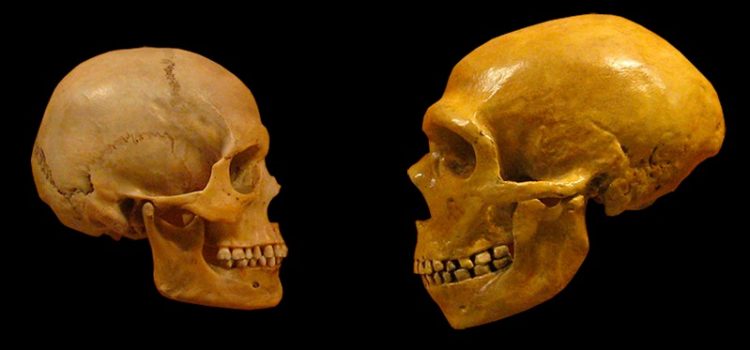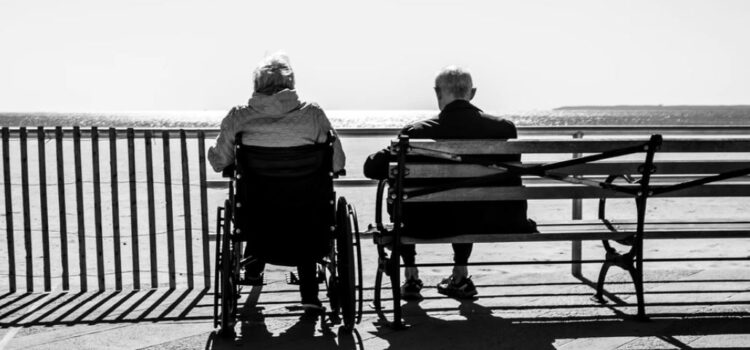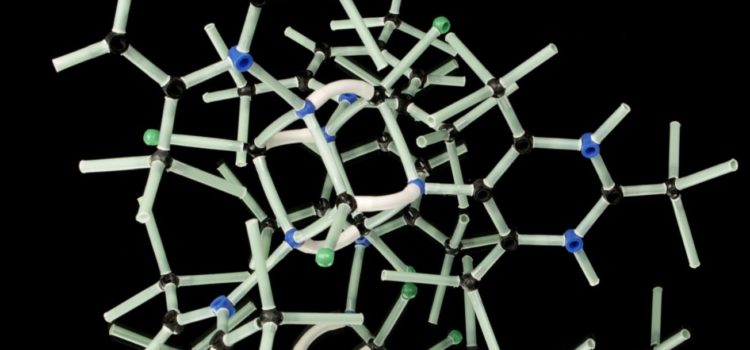Why did scientists embark on the 13-year-long undertaking of sequencing the human genome? How has the Human Genome Project advanced our knowledge of genetics? Thanks to the Human Genome Project, we know where every gene is, what it codes for, and how. Despite this knowledge, however, we still understand very little about how all these different genes coordinate and cooperate to build and maintain our bodies. Here’s how the Human Genome Project paved the way for genetics research.
The Human Genome Project: Sequencing the Human Genome










